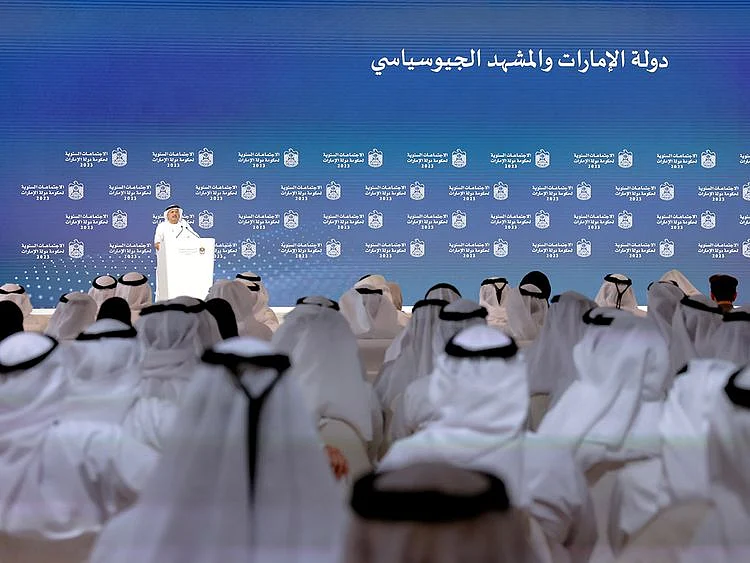UAE launches ‘Zero Government Bureaucracy’ programme to boost efficiency
Halving the time taken for procedures among targets of one-year project

Abu Dhabi: The UAE today announced the launch of the Zero Government Bureaucracy (ZGB) programme, an ambitious initiative aimed at overhauling the current government work structure to enhance efficiency and service quality.
The programme was unveiled on the second and final day of the annual meetings of the UAE government, signalling a transformative approach to government processes.
The ZGB programme seeks to eliminate redundant government procedures and requirements, significantly simplifying the administrative process. The initiative comes in line with the UAE’s vision for a pioneering governmental experience, which began with the smart government in 2013, aimed at providing round-the-clock services to UAE community members.
What will change?
Under the new directives, ministries and government entities are tasked with the immediate implementation of the programme, which includes cancelling a minimum of 2,000 government measures, halving the time required for procedures, and removing all unnecessary bureaucracy within the span of a year.
The performance of these changes will be closely monitored and celebrated at the conclusion of the year, with recognition of the most significant improvements.
The programme is also set to develop simpler, quicker, and more efficient government procedures. By focusing on the consolidation of similar procedures, the removal of superfluous steps, and the acceleration of service delivery, the UAE government will make an extraordinary leap in the administration of its procedures.
Aiming to bolster the effectiveness of government procedures from ministries and federal entities, the ZGB programme will strive to enhance the UAE’s leadership and its standing in global competitiveness rankings in terms of government efficiency and minimal bureaucracy.
Three phases
Aligned with the long-term objectives of the UAE Centennial 2071 and the more immediate vision of “We the UAE 2031,” the programme will unfold in three phases. These phases will focus on supporting the efforts of ministries and federal entities to achieve the set targets, with the development of specialized solutions to tackle these challenges.
A comprehensive assessment mechanism will be put in place to monitor progress, involving criteria such as an entity’s commitment to identifying excess procedures, its contribution to simplification efforts, innovation levels, and stakeholder engagement in the process.
At the end of the year-long initiative, entities will be ranked based on their success in eliminating unnecessary procedures and requirements, further incentivising improvement and accountability
Sign up for the Daily Briefing
Get the latest news and updates straight to your inbox
Network Links
GN StoreDownload our app
© Al Nisr Publishing LLC 2026. All rights reserved.